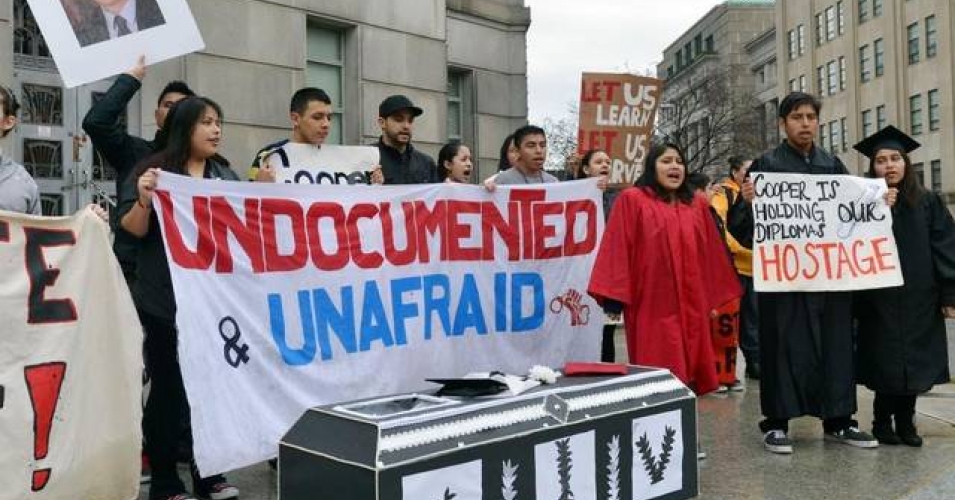Since the November U.S. election, many on the Left have taken a closer look at how local places like cities, towns, college campuses, indigenous communities, and states can challenge the coming Trump administration. After all, the political Right in the U.S. has long known that federal regulations can be blocked at the city or state level through local legislation, foot-dragging, and outright defiance. Why would the Left be any less able to engage in these tactics?
Much of the Left’s focus has been on how local jurisdictions could refuse to cooperate with expected discriminatory immigration policies through the declaration of sanctuary spaces, but there are also other efforts to encourage the construction of ‘rebellious places’ that not only resist Trump, but actively promote a larger progressive agenda of economic equality, environmental protection, and social justice. Recent articles have ranged from presenting how European cities can serve as examples of local autonomy, to theoretical pieces on the viability of building libertarian municipalism in the US. There have also been calls to develop a coalition of ‘rebel cities’ as well as the founding of an organization that explicitly aims to start building a network between places of resistance. Could, however, a constellation of rebellious places – without contiguous territory between them – hope to forward progressive policies in the face of a hostile national government run by Trump and a Republican Congress? According to contemporary thinking on how political power operates across space, the answer is definitively ‘yes.’

